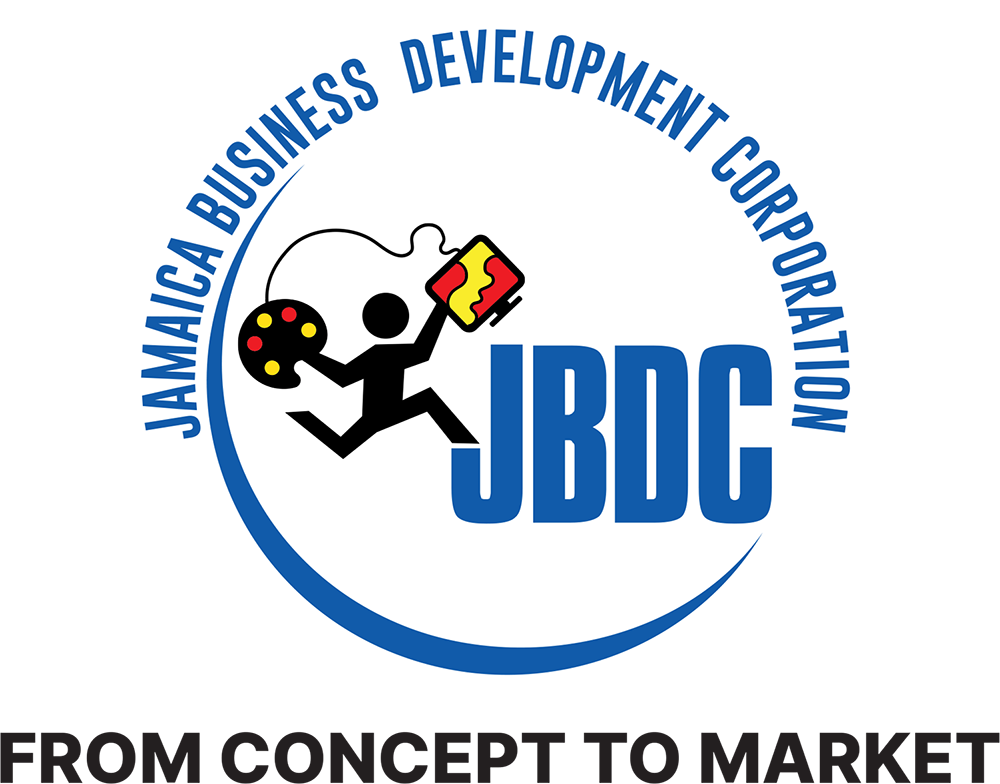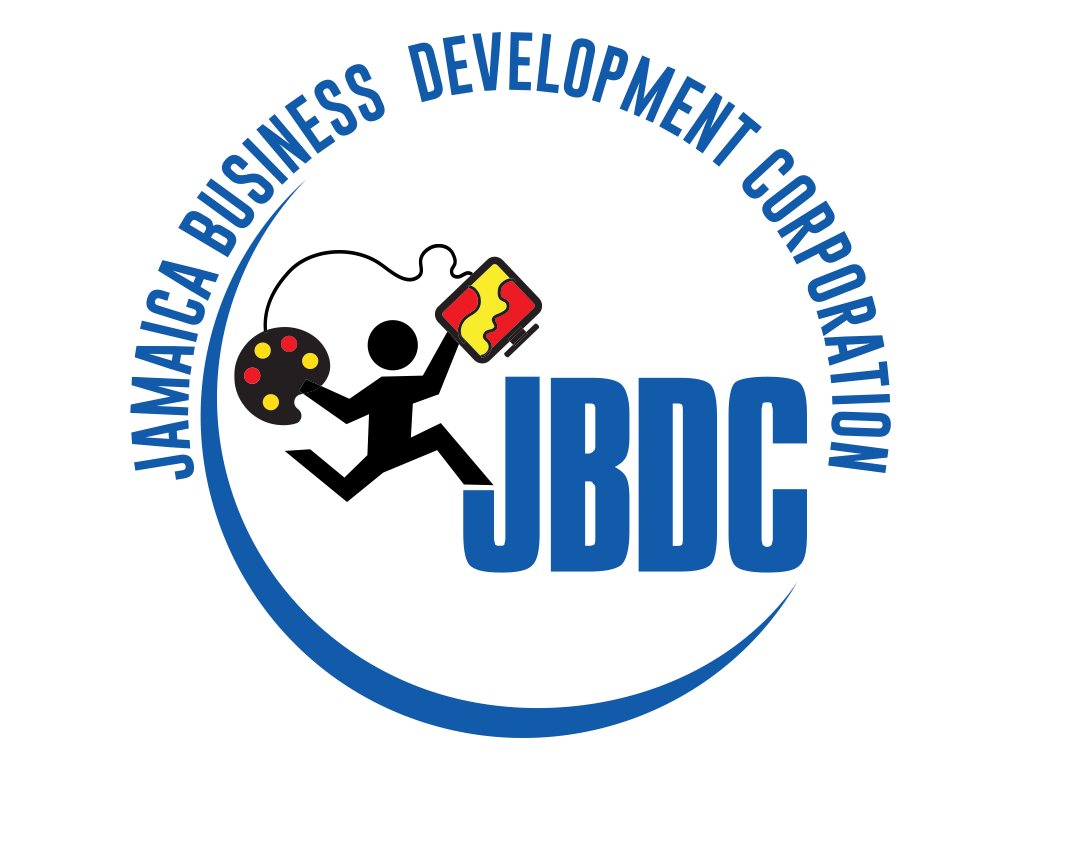As the orange economy pushes to quantify its full economic value, industry experts have outlined a number of existing factors spanning gaps in policy, under-investment and the lack of an enabling environment among key impediments which continue to rob the sector of its true earning potential.
Speaking at a Jamaica Business Development Corporation (JBDC) forum held on Monday, Olayinka Jacobs-Bonnick, national programme officer for culture and coordinator for the Creative Caribbean Project for UNESCO, said that based on the many contributions of cultural and creative industries (CCIs), a true estimation of value is crucial to the sector’s development and to help with promoting that shift that will help to effect meaningful change for its players.
She said that while it is well documented that the sector continues to drive value, creating a wide range of employment and other benefits for entrepreneurs — there remains a difficulty with locking in much of this value pouring from its associated revenues, fund raising and other incomes.
“Creating, communicating and defining our value now is the single most challenge for our sector and for the leaders of our cultural and creative institutions. For CCIs we don’t get to determine what our value is as oftentimes it’s our consumers that do. We therefore need to focus on value not just for the sector, but also for consumers,” she said.
Speaking on the need for greater investment, Jacobs-Bonnick, therefore, called for wider access to financing, routed through innovative mechanisms, allowing for greater co-financing while reducing dependence on the need for international financing. This, she said, as investing in the orange economy not only creates jobs and generates income, but also helps to preserve a rich cultural heritage.
Entertainment consultant Clyde Mckenzie who also stressed the need for more indigenous financing and investment at the local and regional level believes this will go a far way in realising real development for small island states.
“For too long we have not been the primary producers of our creativity, as we tend to leave it for people on the outside to capture a greater portion of the value since they often provide the financing,” he stated, while also urging creatives to scale up the value chain and not just remain at the bottom of the food chain.
Cultural and creative industry scholar and university lecturer Dr Deborah Hickling Gordon further said that while Jamaica’s investment climate for CCIs cuts across more than a century, the need for more public-private solutions, individual funding and fit for purpose products is found wanting. She said that even as financing from financiers improves a little, it also continues to lag — hence the need to build investor confidence becomes even more important.
“Traditionally, we have placed a lot of emphasis on the investment of capital but I think we need to be thinking more strategically and we need to be talking about an investment of strategy, through this will come the process of planning and policy making — a lot of which has been happening but slowly,” she said.
“Another issue that is really a challenge is the absence of data and for this reason research is therefore critical to inform policy,” she added.
Deputy CEO of the JBDC Harold Davis, who moderated the discussions, said that with the piloting of his organisation’s current economic impact assessment (EIA) on the sector now midway, the data once extracted and collated, will help with determining a true value definition, also helping to provide a better understanding as it relates to a proper valuation of the sector despite some challenges with high levels of informality in the sector.
“We therefore need to set that ecosystem that will lead to the growth of CCIs as we believe these industries are among those that will move the country into sustained prosperity — we just need to get it right,” he said.
Similarly, CEO of the JBDC Valerie Vieira said that while there was this orange juice running in our DNA, culturally flowing through our music, food, architecture, fashion and almost everything we do — the real richness that should flow to our people continues to elude us.
“Though a lot of work has been done over the years — what we want to see now is how it flows into policy, an ecosystem that is nourishing and to understand this source of wealth for our country. We want at the end of these discussions to be able to move at least a step forward,” she said.
CCIs, backed by some 20 sub-industries across film, media, music, fashion, arts, theatre, dance and others, according to UNESCO figures currently contributes approximately 5.2 per cent of gross domestic product (GDP) and three per cent in employment. A recent Jampro commissioned survey, however, found that at least three of the top industries alone is said to now account for about 6.1 per cent of GDP, exposing the tremendous potential of the sector.
Inter-American Development Bank (IDB) representative Kayla Grant also speaking at the business dialogue forum, said that with CCIs falling among those sectors having high growth potential and currently ranking 34th out of some 132 countries globally in terms of output, its continued collaboration with international organisations along with the reinforcement of regional integration and the development of innovative tools such as a cultural satellite will be needed for sustained growth.
“The rise of the digital economy also sees creativity becoming a critical element for driving growth across a number of industries,” Grant said.
Source Jamaica Observer: https://www.jamaicaobserver.com/business/ccis-so-rich-yet-so-poor-industry-experts/








